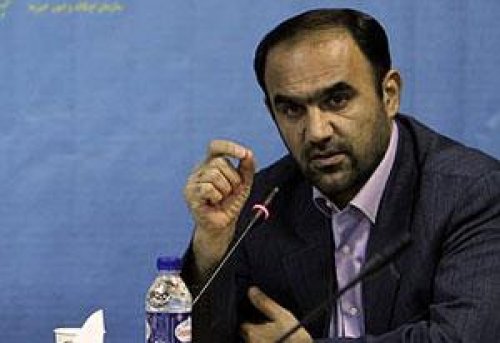SHAFAQNA-
Beyond the triumph, however, what is essential for the restoration of peace and stability to the Middle East is the way regional governments decide to deal the remaining terrorist group and its minions.
While it seems that many ISIS fighters have been killed in the Iraqi battlefield, some have managed to flee the country, either getting back to their normal life or resuming terrorist activities in a new geography.
A deeper look at ISIS in the Middle East and/or other contexts, indicates that for the terrorist group not to have a rebirth, it is necessary to seek answers to a number of critical questions. Or at least, we need to come up with a set of such questions to be explored by think tanks and analysts.
Here are those questions:
1- Where is the ideological birthplace of ISIS?
2- Who were behind the group and what efforts did they make to expand it?
3- To what financial resources did they have access?
4- Which countries were ISIS main sympathizers?
5- Under which pretexts did ISIS commit its heinous crimes?
6- How was ISIS manipulated by intelligence services to reach their own goals?
7- Why did countries who claim to fight terrorism fail to eradicate ISIS?
8- What social and cultural factors did contribute to increasing ISIS recruits?
Relevant answers to the above-mentioned questions will help clarify ambiguities in the public opinion and provide the global community with improved ability to fight terrorism.


